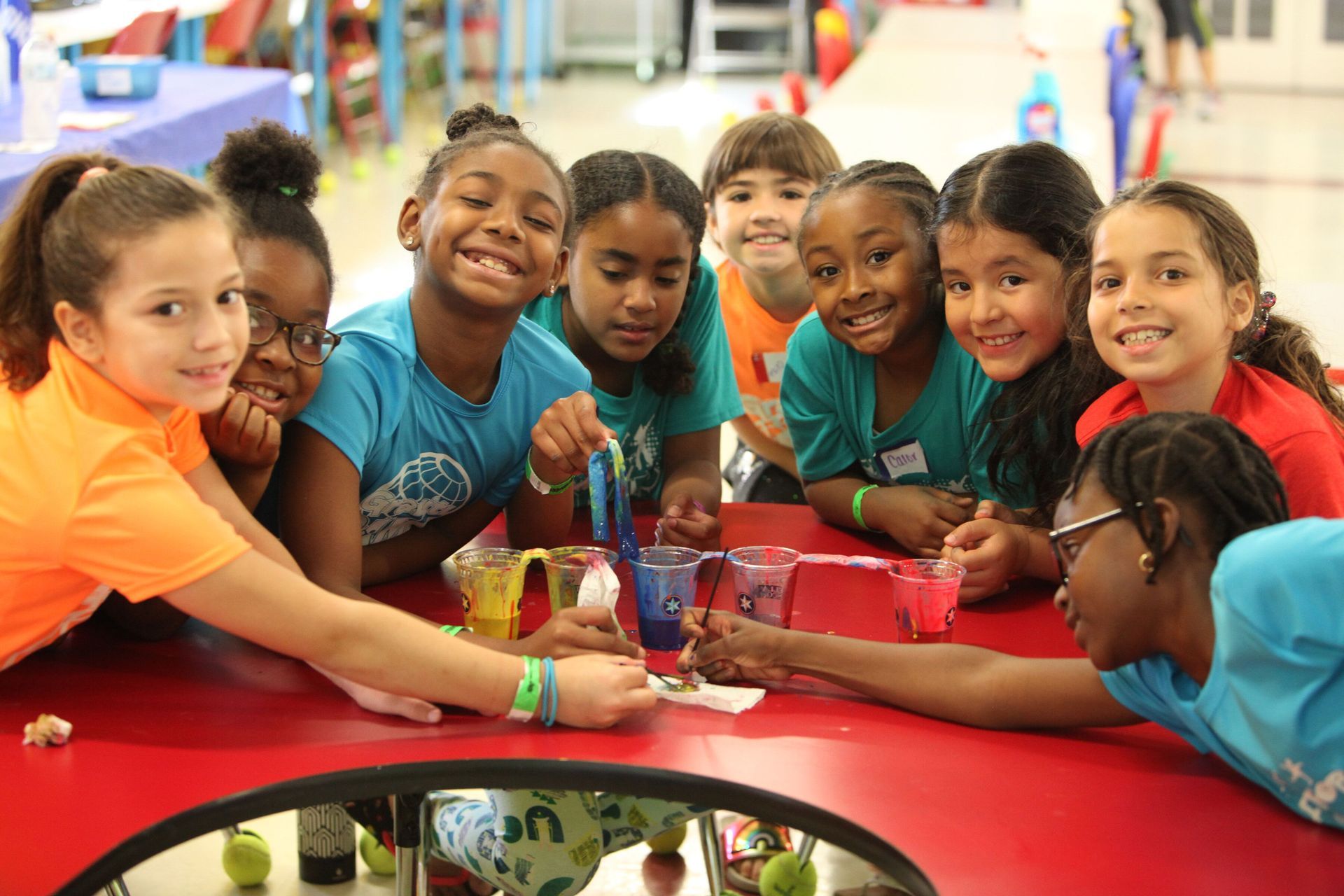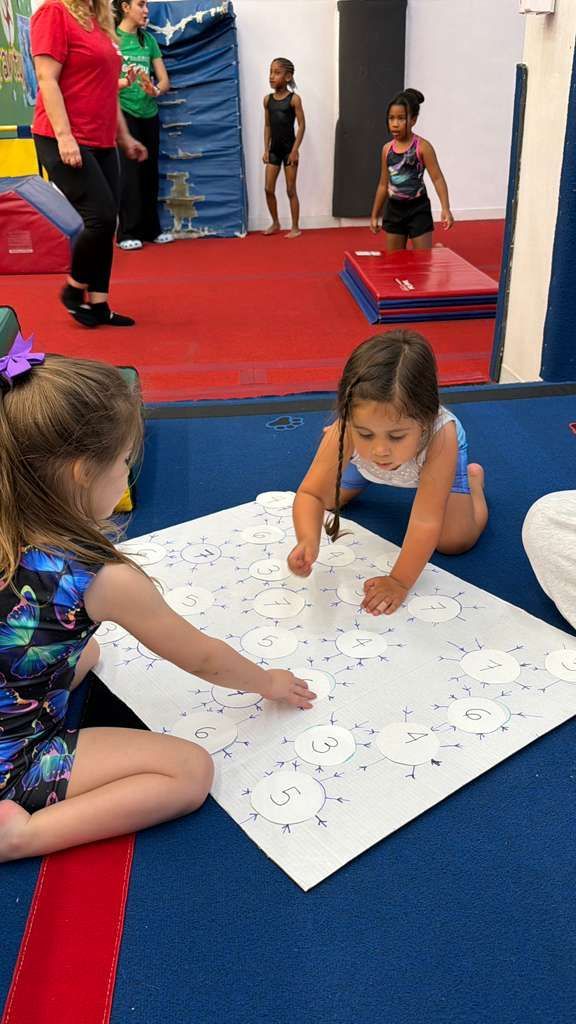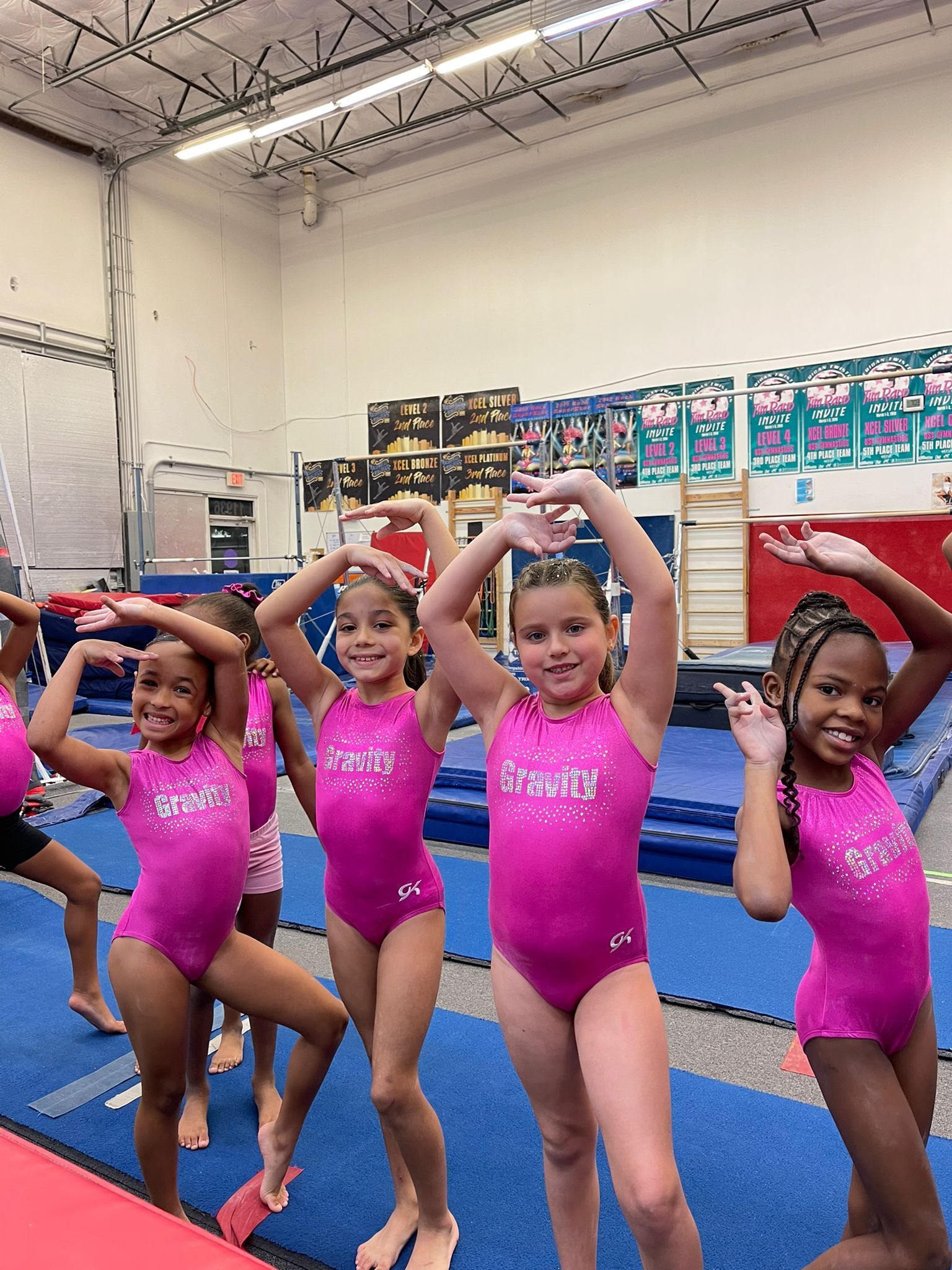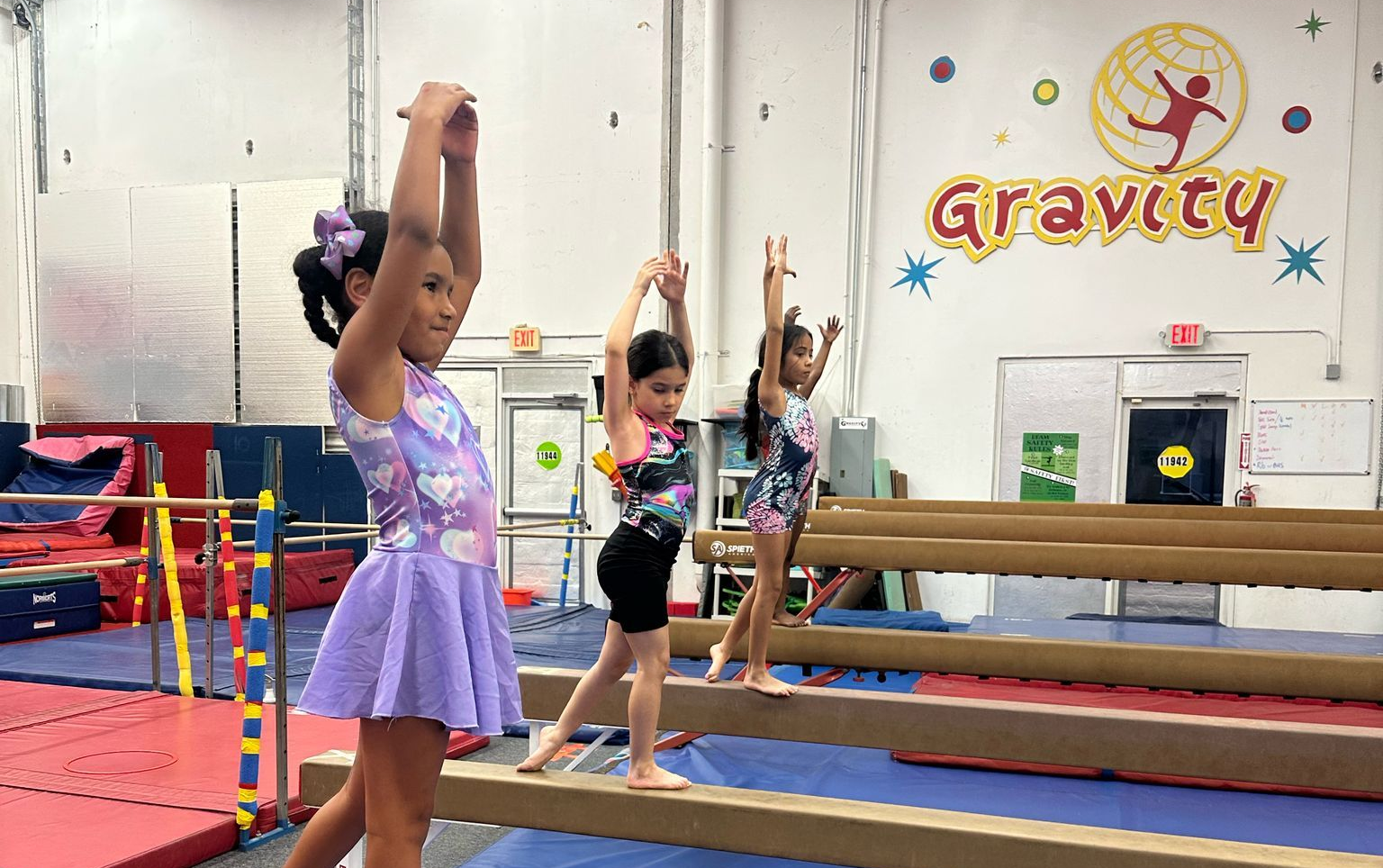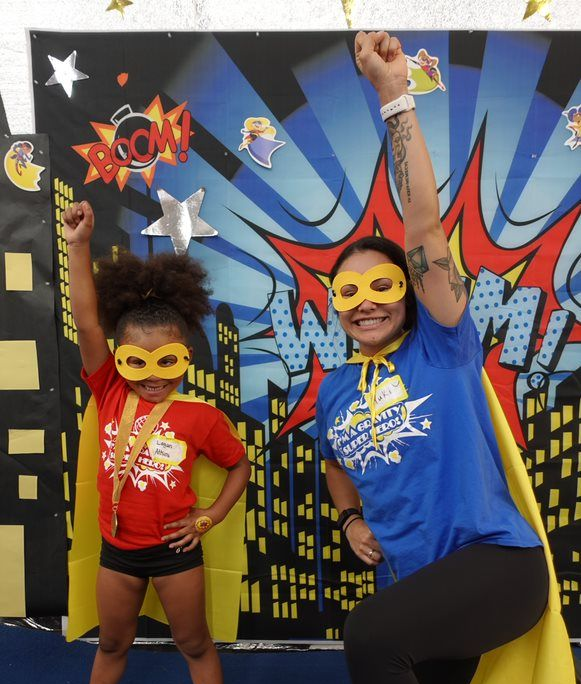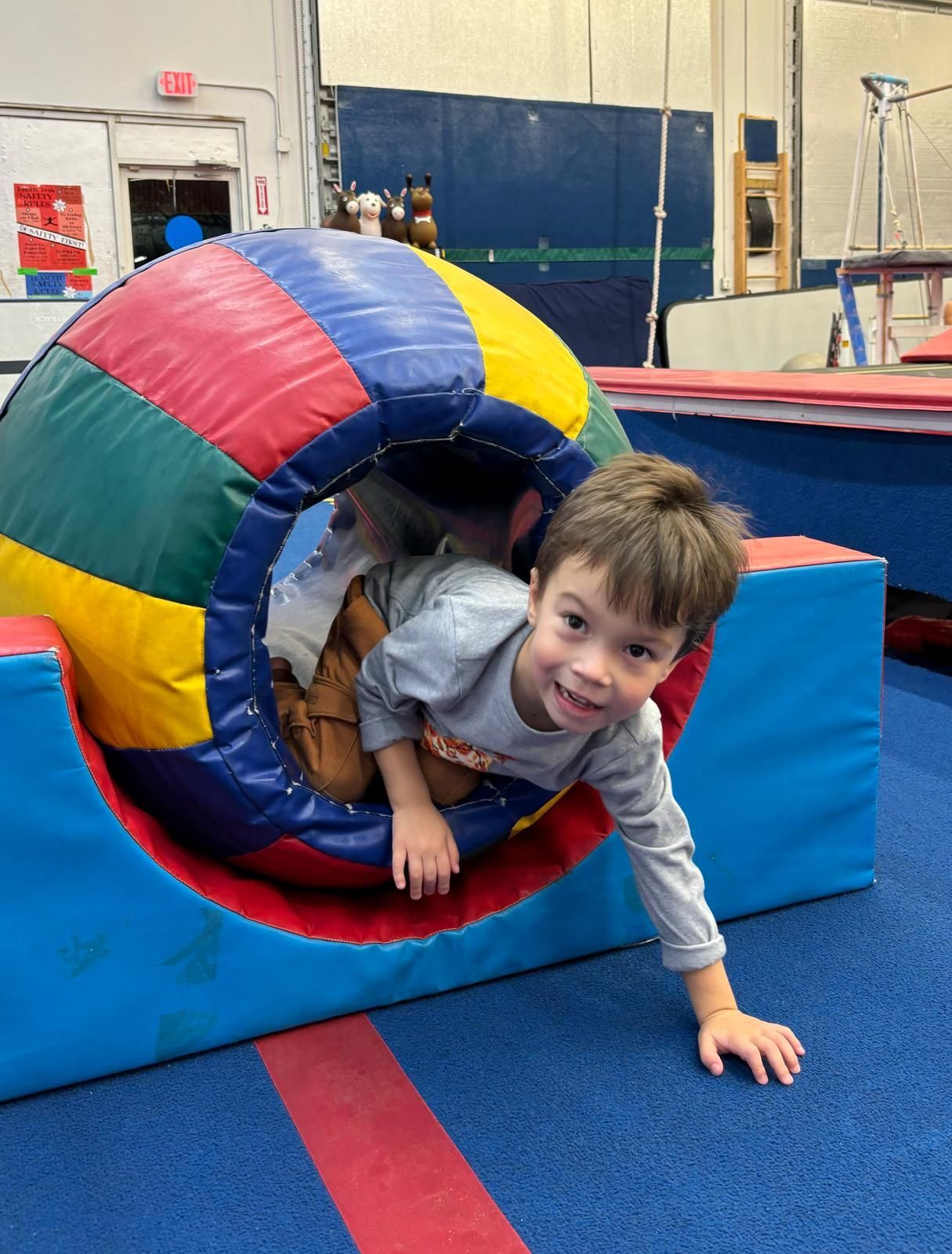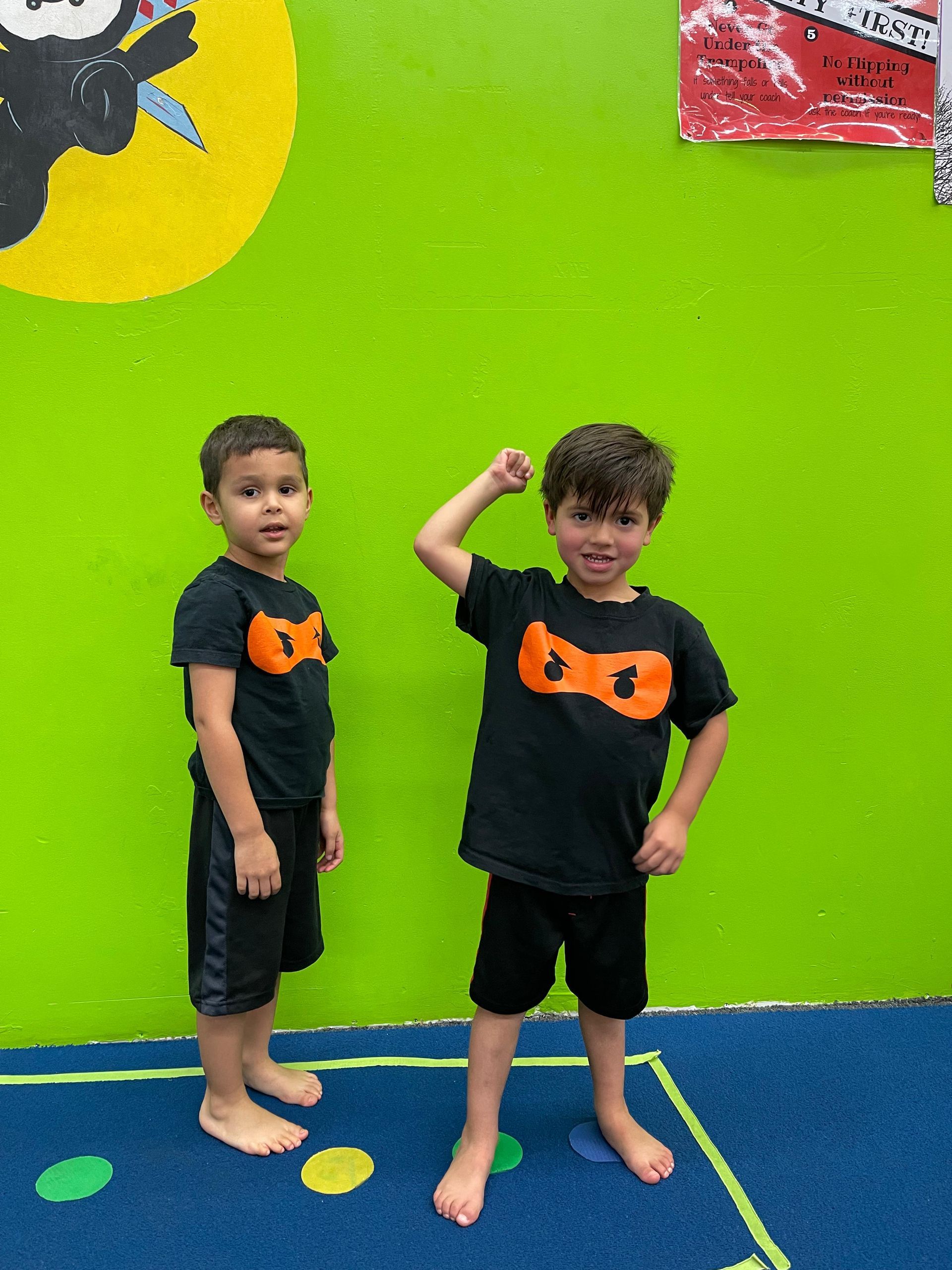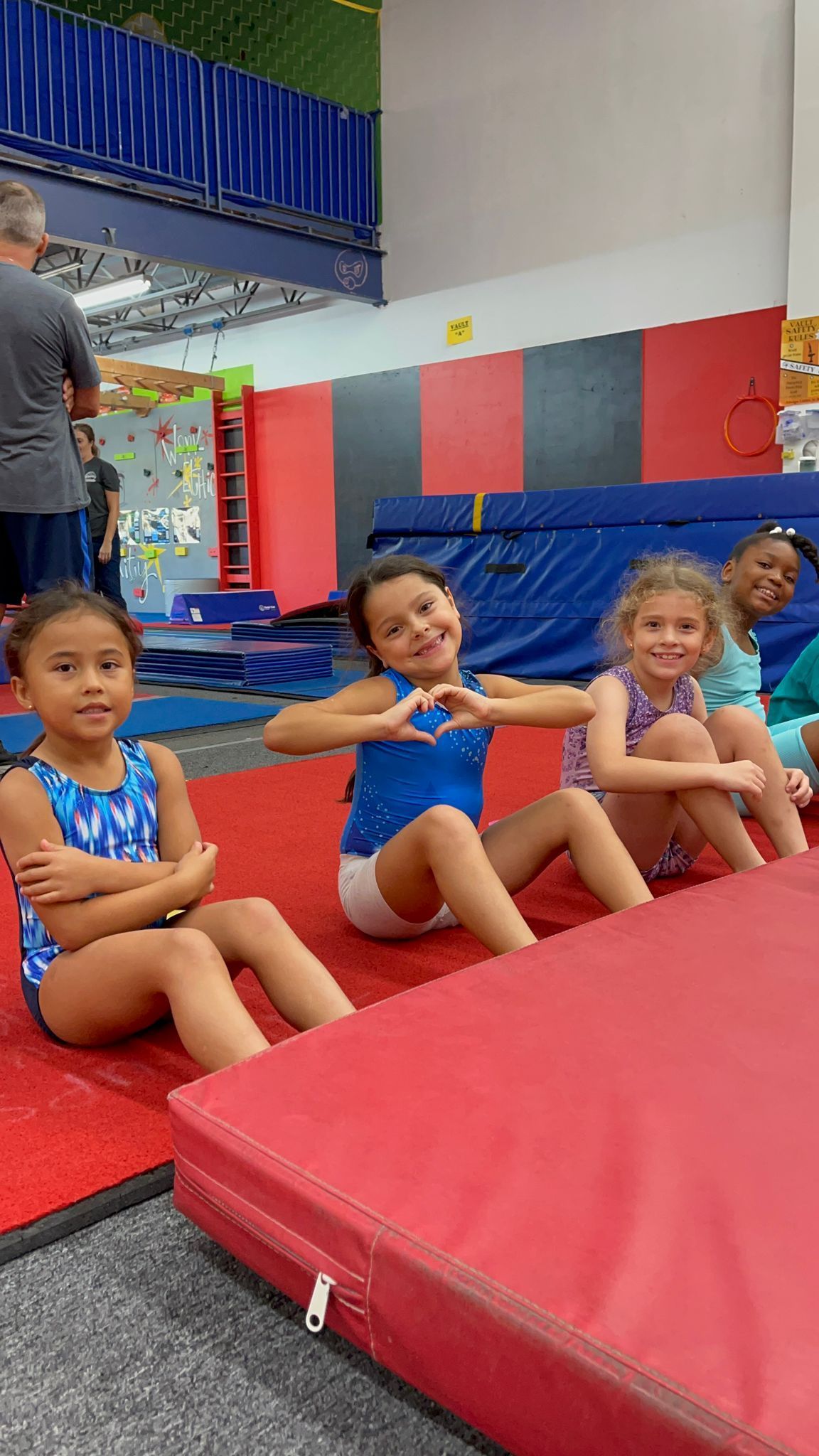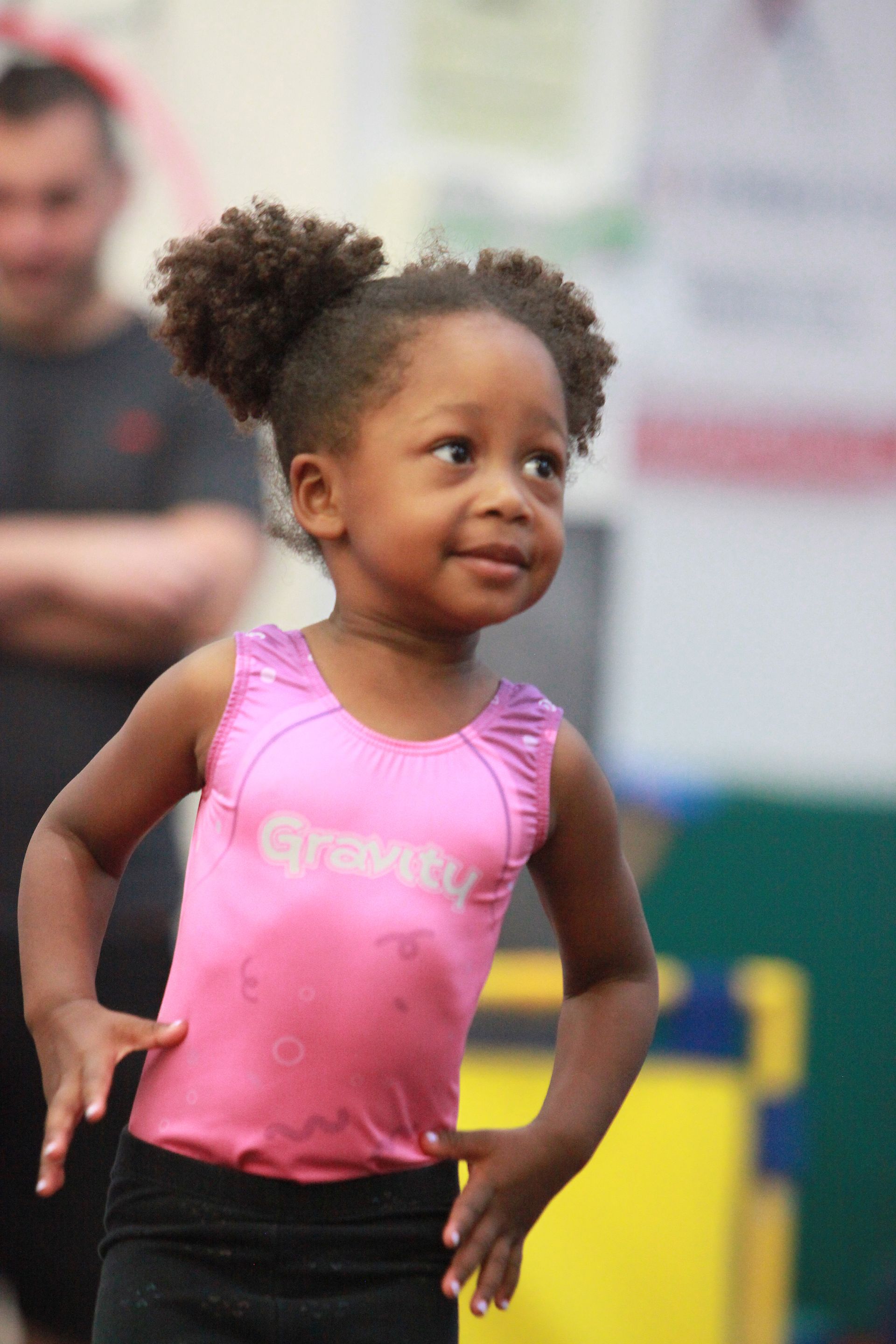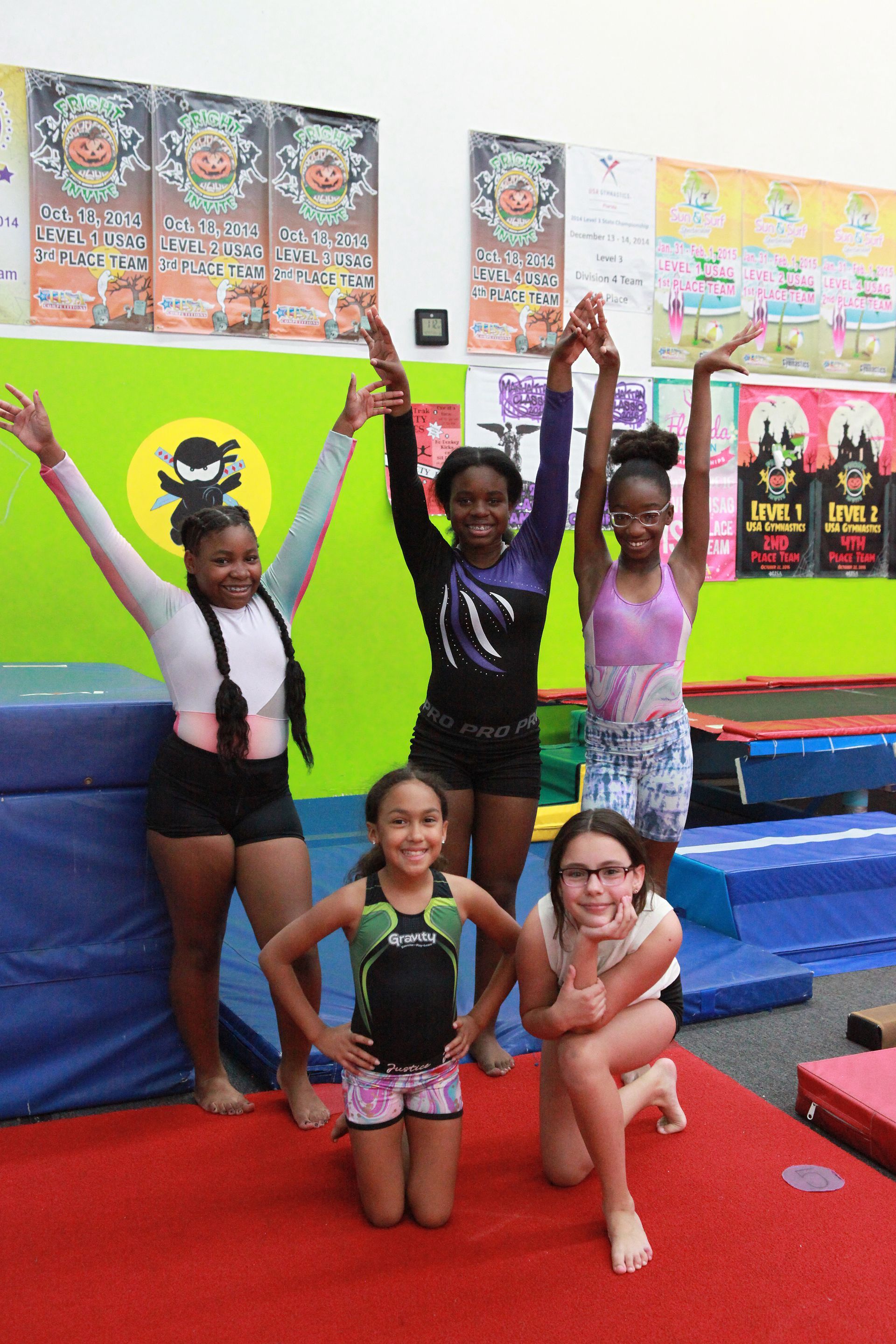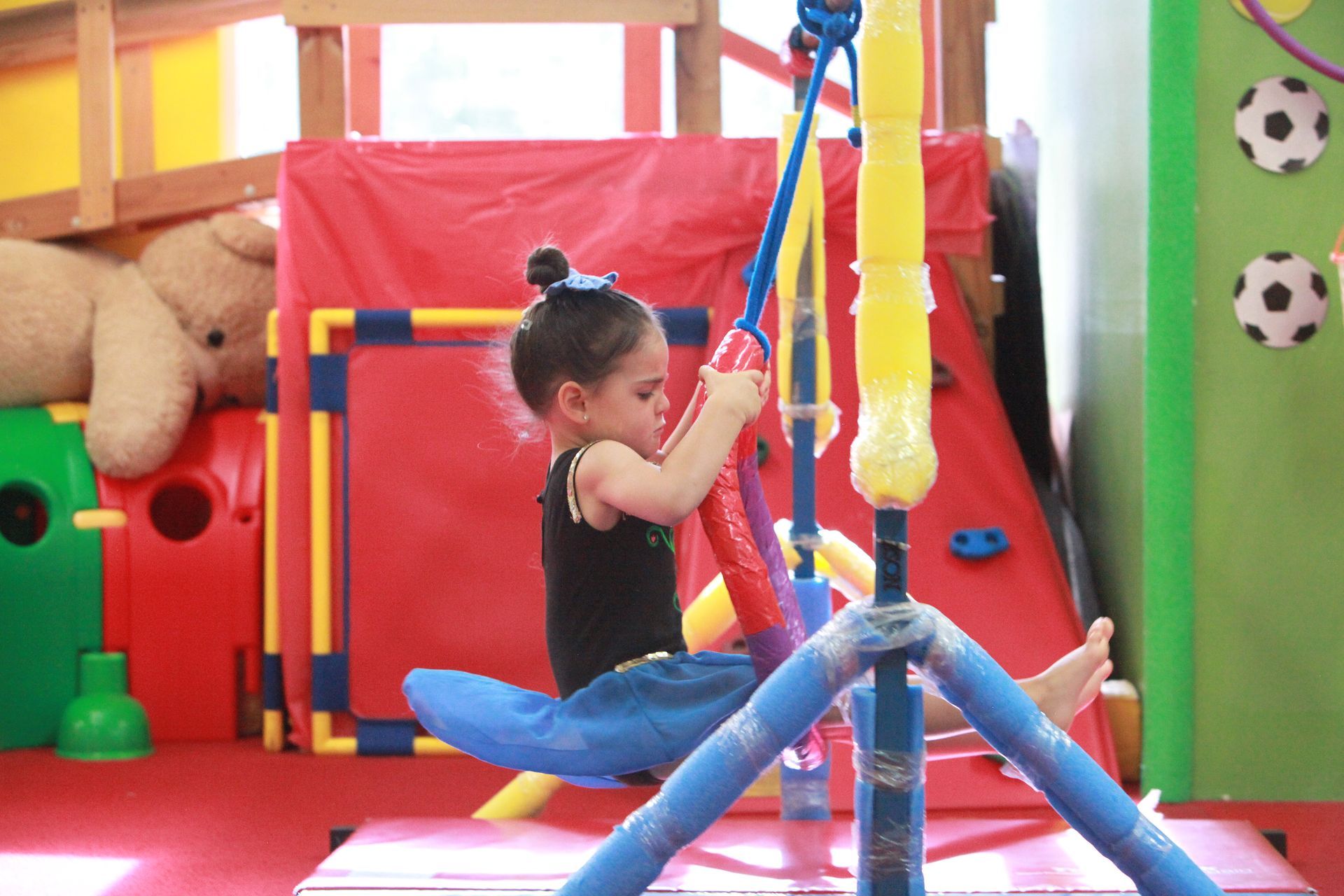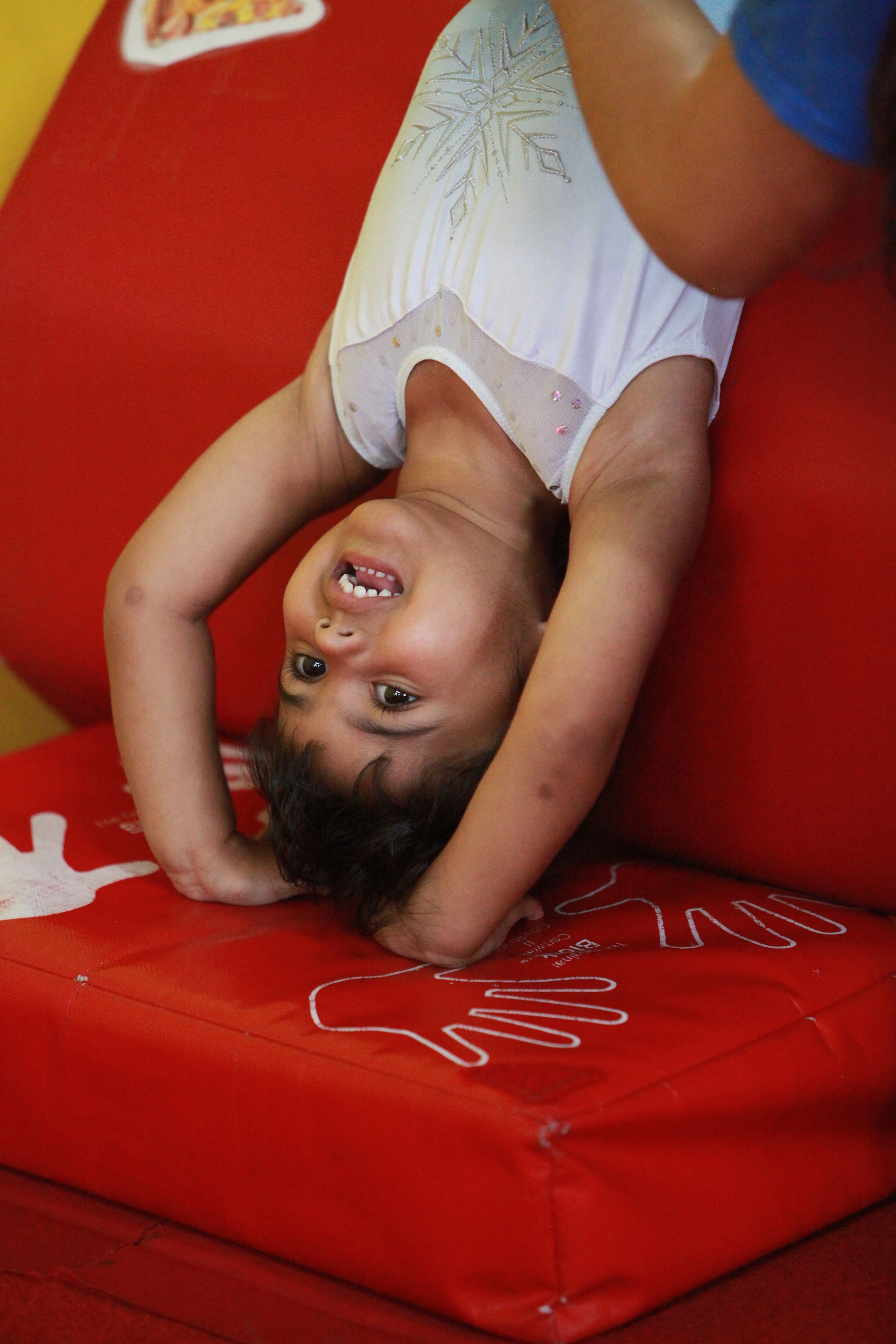Winning Words for Young Athletes
Charity Rodriguez • April 17, 2025
The Power of Feedback: Why It Matters for Young Athletes
At Gravity, growth isn’t just about physical strength or perfecting a skill—it’s about mindset, resilience, and the ability to learn from every experience. What is one of the most powerful tools in helping young gymnasts, ninjas, and dancers grow. Constructive feedback.
Whether it comes from a coach, a teammate, or a parent, feedback shapes the way students approach challenges, handle mistakes, and celebrate progress. It teaches them that improvement is a journey, and every step matters.
But here’s the key: not all feedback is created equal.
What Is Constructive Feedback?
Constructive feedback goes beyond general praise. It’s clear, specific, and actionable, aimed at encouraging the effort that leads to growth—not just recognizing outcomes.
It might look like this:
- ✅ “I love how you kept your focus during that routine!”
- ✅ “Your effort in practice is really paying off—keep it up!”
- ✅ “You didn’t give up, even when it got tough. That shows real grit!”
These examples highlight a specific behavior, effort, or choice—not just the result. This helps children connect their actions with their progress, reinforcing the idea that hard work and focus are within their control.
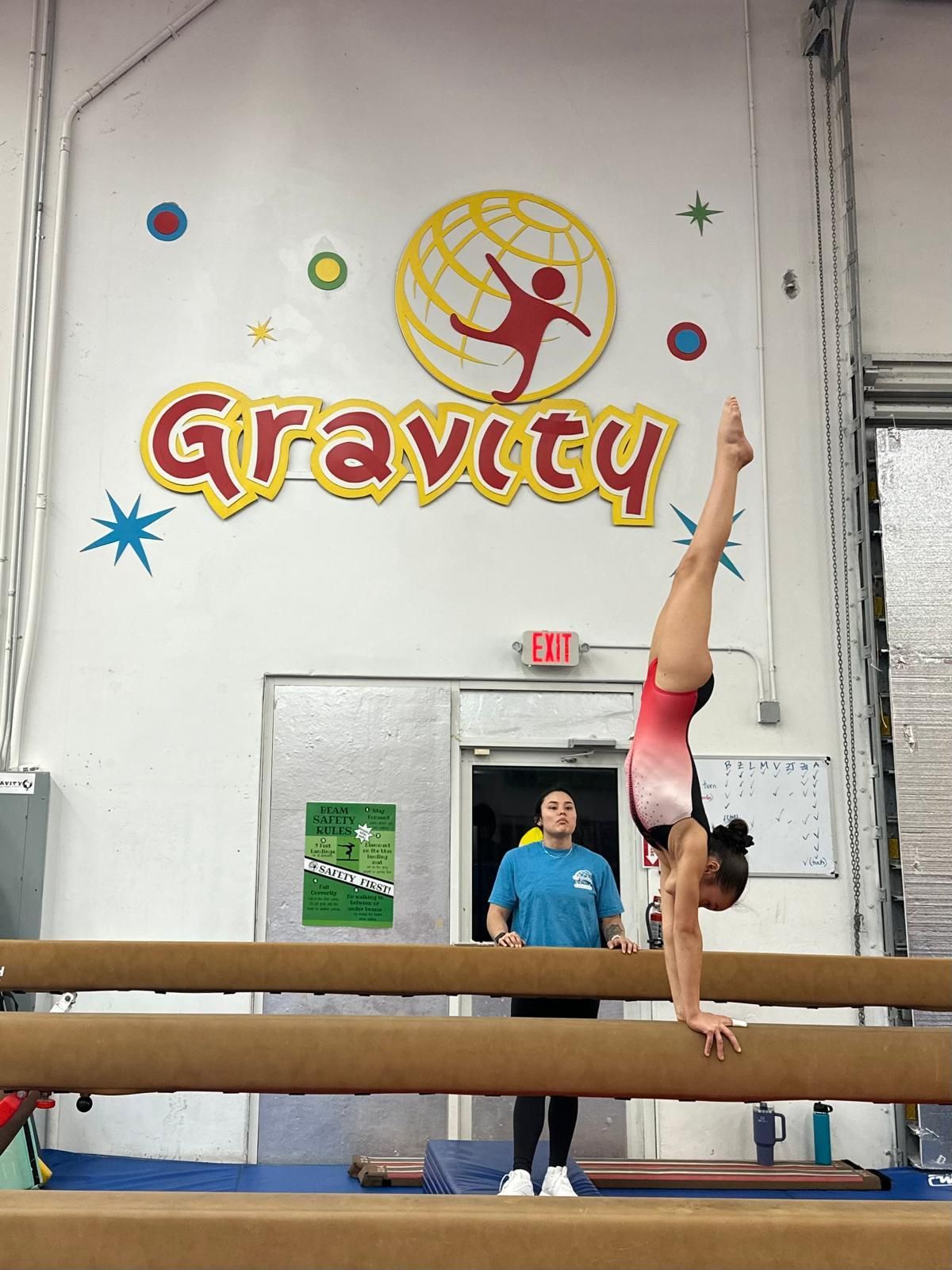
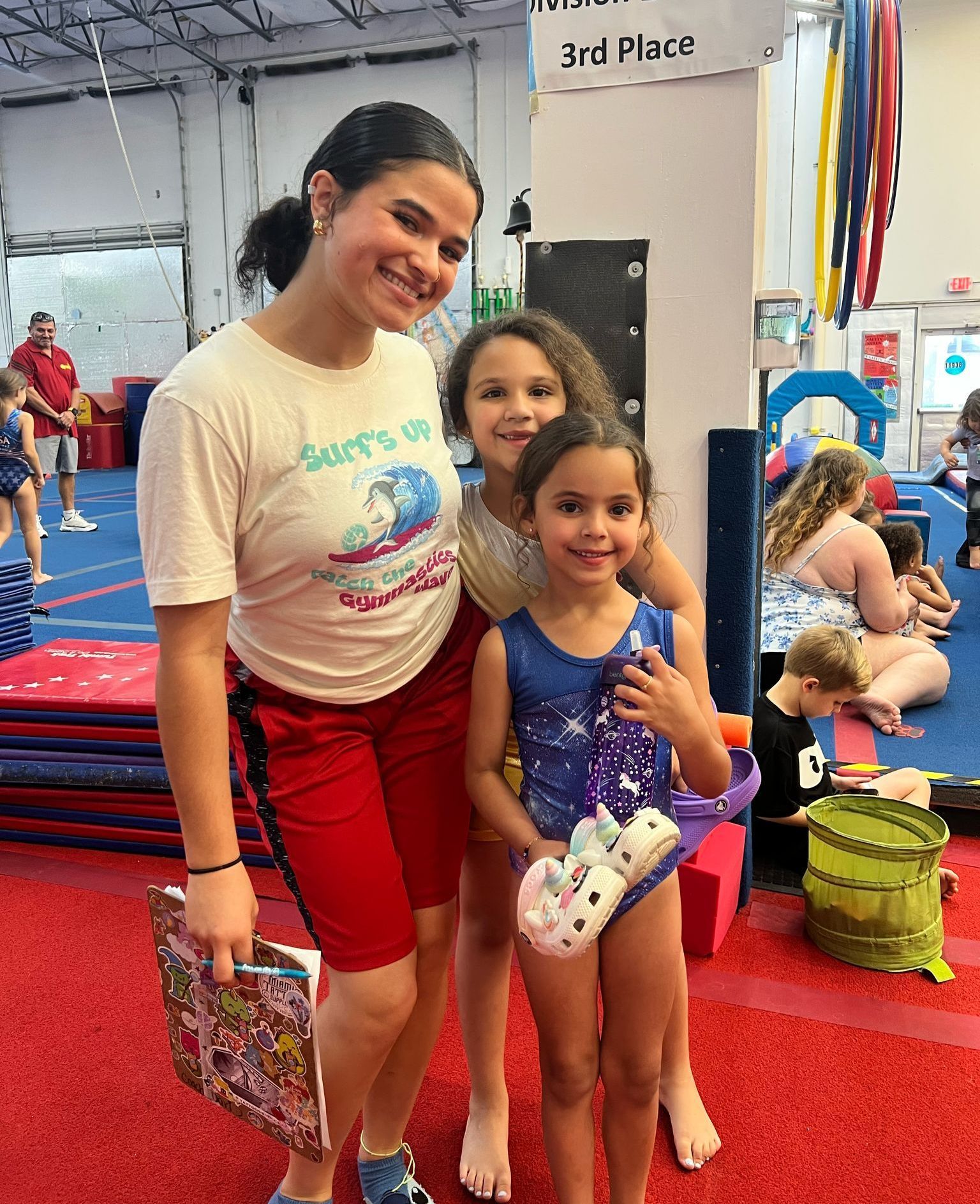
Why Feedback Matters
- It Builds Confidence: When kids hear what they’re doing well, they begin to believe in their abilities and feel motivated to keep trying.
- It Develops Resilience: Learning to accept and apply constructive feedback helps kids bounce back from setbacks instead of feeling defeated by them.
- It Promotes a Growth Mindset: Feedback teaches kids that talent isn’t fixed; skills can be learned and improved through effort.
Young athletes thrive when they know someone sees their hard work, acknowledges their progress, and believes in their potential. Feedback creates that bridge between effort and improvement.
Tips for Parents: How to Give Great Feedback
As a parent, you’re one of the most influential voices in your child’s life. Here are some ways to make your feedback more impactful:
Be Specific
Instead of saying, “Good job,” try:
“I saw how carefully you landed that cartwheel—you’ve been practicing that!”
Focus on Effort, Not Just Outcomes
Celebrate the hard work that led to progress.
“You’ve been showing up and pushing yourself in every practice. I’m proud of that commitment.”
Use a Positive Tone
Even when correcting a mistake, frame it as an opportunity.
“That didn’t go the way you wanted, but I noticed how quickly you tried again. That kind of determination is going to take you far.”
Encourage Self-Reflection
Ask open-ended questions like:
“What part of practice felt the best today?” or “What’s something you want to work on next time?”
Model Receptiveness to Feedback
Show your child that everyone can learn and improve, including adults!
“I got some feedback at work today and realized I could have done something differently. I’m going to try it a new way next time.”
Building a Culture of Encouragement
When students see feedback as a gift—not a judgment—they grow more confident, curious, and courageous. They start to welcome input, take ownership of their development, and feel proud of their progress.
By choosing our words with intention and highlighting the journey over the destination, we’re not just raising better athletes—we’re helping shape stronger, more resilient humans.
So, the next time your child steps off the mat or stage, take a moment to offer feedback that fuels their growth. Because champions aren’t just born—they’re built, one encouraging word at a time.
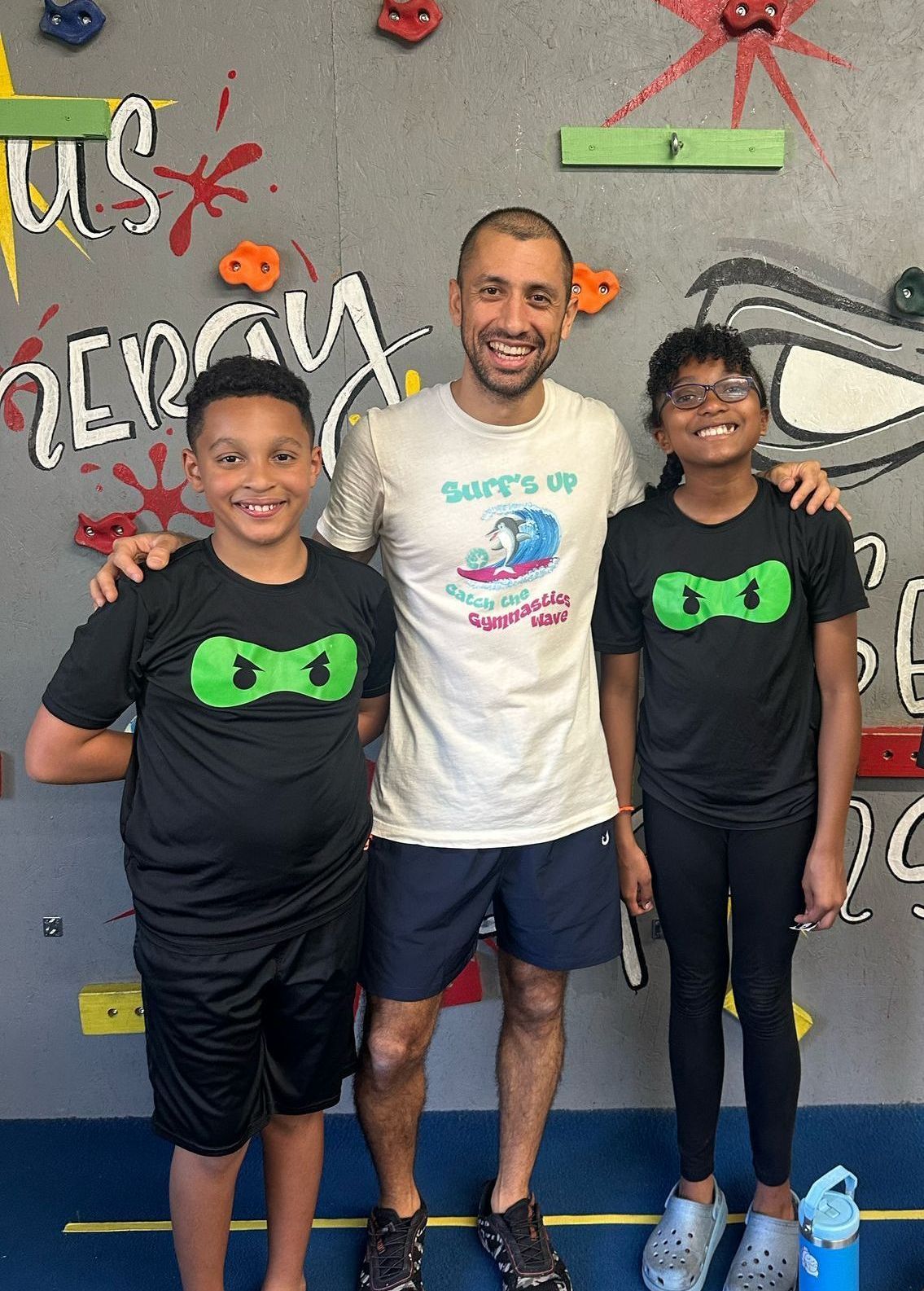
Kind Regards,
Gravity Gymnastics
